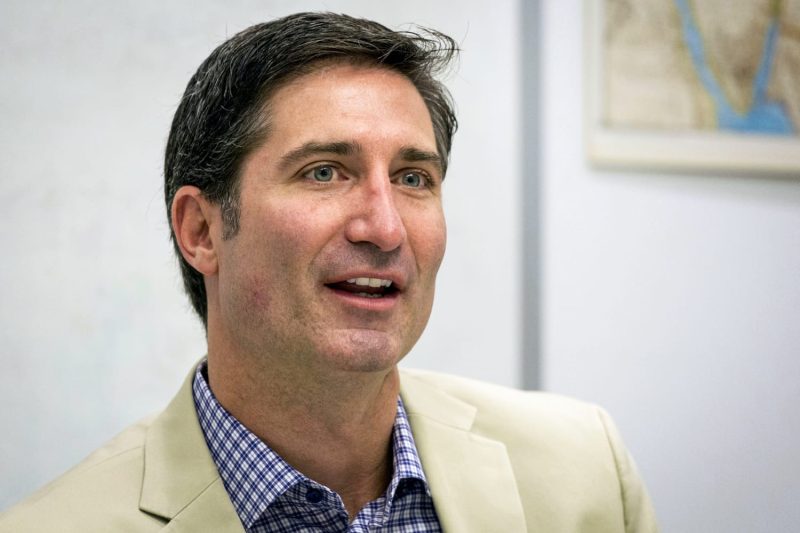Starbucks is making waves in the corporate world with the announcement of Brian Niccol as its incoming CEO, who is set to receive a substantial compensation package of $85 million in cash and stock as he departs from his role at Chipotle. This move is significant not only in terms of the financial implications but also in the potential impact it could have on the coffee giant and its future direction.
Niccol’s track record at Chipotle, where he served as CEO since 2018, has been marked by a successful turnaround of the company’s fortunes. Under his leadership, Chipotle experienced a resurgence in sales and profitability, as well as a boost in its overall brand reputation. His strategic vision and operational expertise have been widely credited for the chain’s revitalization and renewed growth trajectory.
Starbucks’ decision to bring Niccol on board can be seen as a bold move aimed at leveraging his proven leadership skills and innovative approach to drive the company forward in an increasingly competitive market. With the coffee industry facing evolving consumer preferences and intense competition from both traditional players and new entrants, Starbucks is likely looking to capitalize on Niccol’s experience and insights to stay ahead of the curve.
The substantial $85 million compensation package offered to Niccol reflects not only his value as a proven leader but also serves as an incentive to attract and retain top talent in an industry where executive turnover is not uncommon. By offering a competitive compensation package, Starbucks is signaling its commitment to investing in leadership that can deliver results and steer the company towards sustained growth and profitability.
However, such a significant payout to a new CEO also raises questions about executive compensation practices and income inequality within corporations. As debates around fair wages and wealth distribution continue to gain traction, the size of Niccol’s compensation package may come under scrutiny from various stakeholders, including shareholders, employees, and advocacy groups.
Overall, the appointment of Brian Niccol as the incoming CEO of Starbucks represents a strategic and forward-thinking decision by the company’s board of directors. By bringing in a proven leader with a track record of success, Starbucks is positioning itself for continued growth and resilience in a competitive market landscape. As Niccol prepares to take the helm at Starbucks, all eyes will be on how he navigates the challenges and opportunities that lie ahead, and how his leadership will shape the future of the iconic coffee chain.
